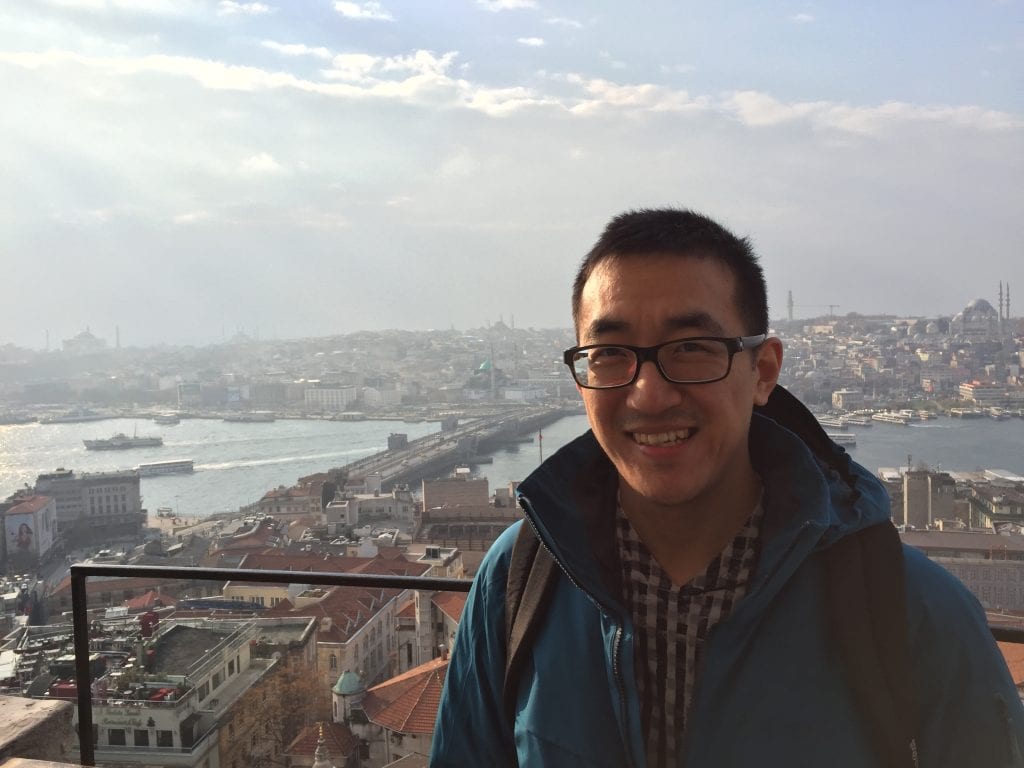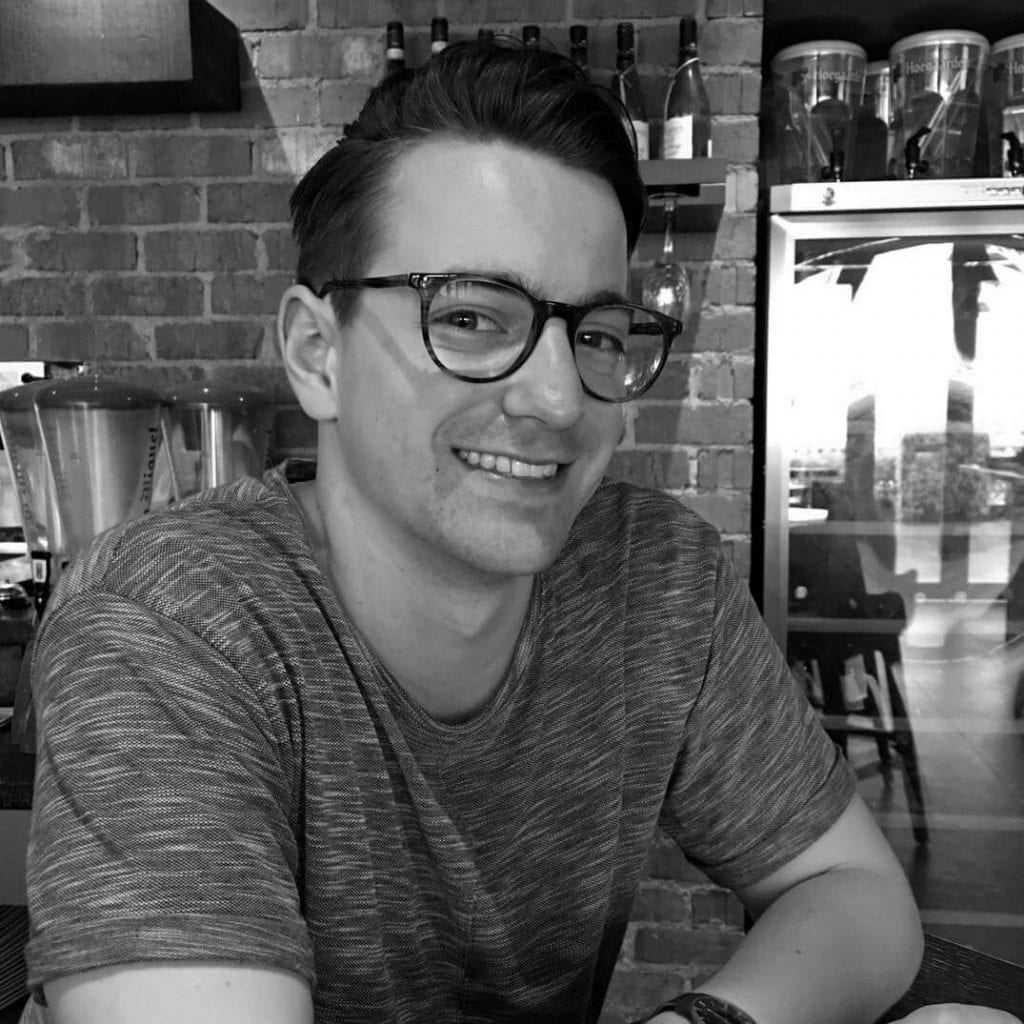Graduate Studies Blog

By Tina Sim
What accounts for the allure of the Nanyang Business School (NBS) PhD accountancy programme?
Xu Tu who graduated this year has already been offered a position as Assistant Professor with the University of Hawaii at Manoa.
He came to NBS via a circuitous route. He had started doing his PhD programme at Georgia State University, but after two years, due to unexpected faculty movement, he could not continue his programme there. He said it was an easy transition as the structure of the NBS programme is quite similar to the US PhD programme, where participants undertake a couple of years of coursework before they start on their thesis. Of the differences, Xu Tu appreciates that there was more support in terms of funding from NBS.
Xu Tu’s advice for students deciding on a PhD programme: “The NBS programme is on par with many of the best programmes in America. It is well recognised internationally. The frequent research seminars with visiting professors from all over the world provide an intellectual and innovative arena for learning, as well as opportunities to network. Plus, I received full financial support to attend two conferences in the US, which allowed me to meet other researchers.”
Finally, he advises that students deciding on their future schools need to be forward thinking – that it is important to look at the placement history of the school. He reckons he was able to obtain as good a post as quickly as he did thanks to reputation of the NBS Accountancy programme and worldwide acknowledgement of the excellence of its faculty.
Lukas Helikum is a fourth-year student, going on to the fifth year. His bachelor and masters degrees were both from Maastricht University, during which time he had spent a term at NBS as part of an exchange programme. Thus when he was picking a university for his PhD programme, he considered NBS. He spoke to faculty members and found that their research was aligned with his own areas of interest.
Lukas especially likes that the course comprises one-and-a-half years of coursework before he started on his thesis. This ensured he was well grounded in research methods, and also familiar with the latest research; unlike some universities in some countries, which allow PhD students to directly embark on their thesis. He also appreciated that the facilities and support system – physically and financially – are also very good, especially when he notes that his friends in other universities and countries often struggle to obtain funding for their research as well as travel.
Of his decision to go to NBS, Lukas reiterates that it is very important to go to a school where the faculty is well-respected among the research community, and the rigour of the coursework and research programme internationally acknowledged; for example, Professor of Accounting and UOB Chair, Prof Tan Hun Tong, is known for training students in analytical skills. Lukas also credits the seniors who had gone before who had performed well, continuing to give credence to the training environment at NBS.
The statistics and facts bear it out. In the latest Brigham Young University ranking, NTU was ranked sixteenth, twenty-fourth and fortieth in the world based on research publication productivity in accounting journals in the last six-years, twelve-years and all-years ranking since 1990. Further, in the area of experimental accounting, NTU was ranked among the top ten in the world – fourth, fourth and eighth respectively – for the corresponding period.
Beyond rankings, faculty members have a solid reputation for quality work – their research have been published in major accounting and finance journals including The Accounting Review, Journal of Accounting and Economics, Journal of Finance, Contemporary Accounting Research, Accounting, Organisations and Society, and Review of Accounting Studies. Faculty members also often serve as reviewers or associate editors of major accounting journals.
While most universities focus on either archival or behavioural research, and most Asian universities are focused on archival research, with less emphasis on behavioural research, NBS is the only school in Asia that encourages both aspects of research. The end-product are students who are balanced in their theoretical approaches, and who had been exposed to the full range of research methods, domains and theoretical approaches. The small student-faculty ratio at NBS facilitates close interaction with faculty, ensuring doctoral students are well-guided, and resulting in joint publications presented at top international conferences and published in major journals.
Recent graduates of the programme have taken faculty positions at University of South Carolina, University of Alberta, University of Hawaii, Concordia University, University of Massachusetts Amherst, University of Warwick, University of Hong Kong, City University of Hong Kong, University of Melbourne, Australian National University. National University of Singapore, and top research universities such as Peking University in China.





You must be logged in to post a comment.